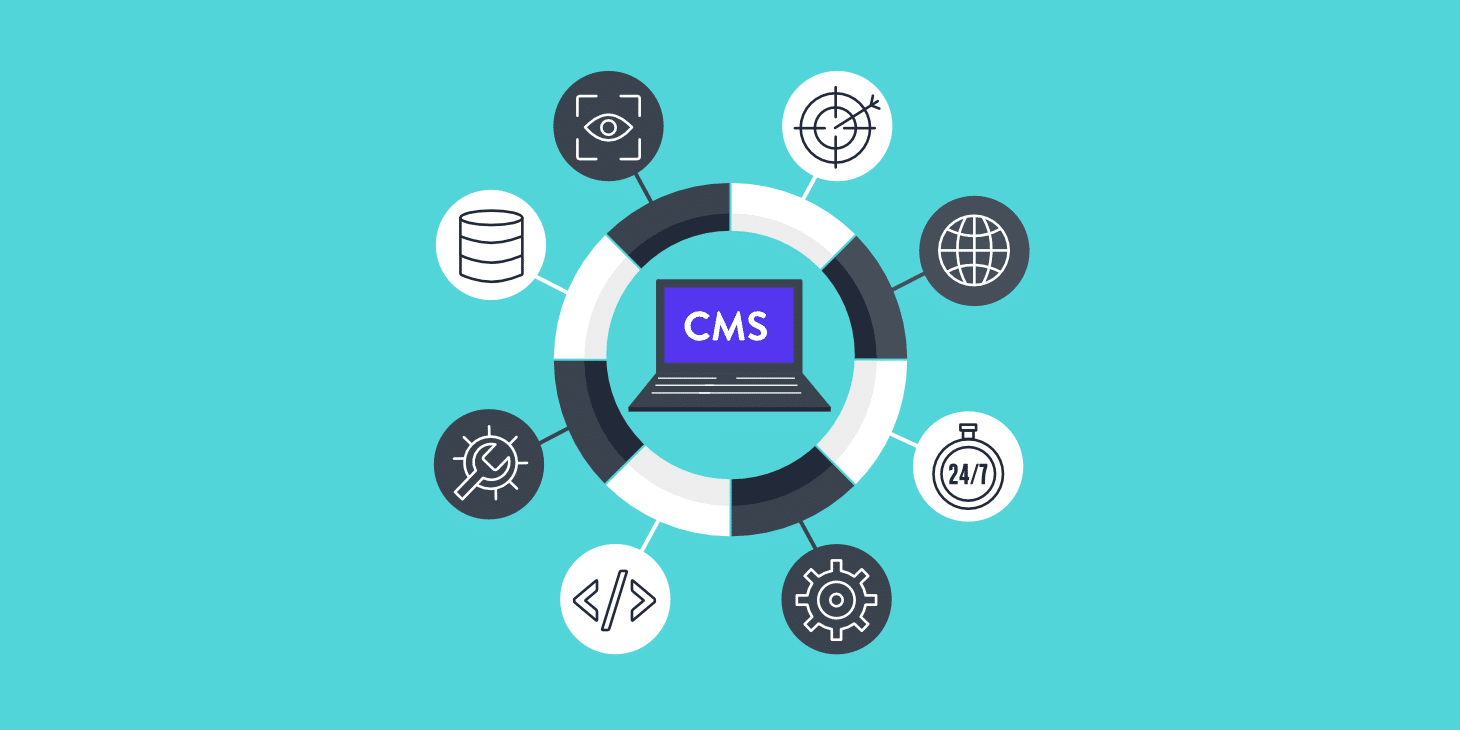Enterprise Content Management (ECM) platforms have become increasingly important in today’s digital world. As more organizations transition from paper-based systems to electronic records, a centralized platform to manage and organize content has become critical. However, with the increased use of electronic records comes the need for compliance with various regulatory requirements, including security and data privacy regulations. In this blog, we will explore the importance of an Enterprise Content Management Platform for regulatory compliance and how to ensure security and data privacy.
Regulatory Compliance
Regulatory compliance refers to ensuring that an organization follows the rules, regulations, and guidelines set forth by regulatory bodies. Compliance is critical for any organization, as non-compliance can result in legal and financial consequences, including fines and penalties.
In the context of an ECM platform, compliance refers to ensuring that the platform meets the requirements set forth by various regulatory bodies, including security and data privacy regulations. Regulatory compliance is critical for any organization that handles sensitive or confidential information, including financial records, personal health information, and other types of sensitive data.
Ensuring Security
One of the most critical aspects of regulatory compliance is ensuring the security of the information stored in an ECM platform. Security breaches can result in significant financial and reputational damage to an organization, and it is essential to take proactive measures to prevent them from occurring. There are several steps that organizations can take to ensure the security of their ECM platform. First, organizations should ensure that their ECM platform is designed with security in mind, including robust access controls, encryption, and other security features.
Ensuring Data Privacy
In addition to security, data privacy is another critical aspect of regulatory compliance. Data privacy refers to protecting personal information, including sensitive personal information such as financial and health records. Organizations should take several steps to ensure data privacy in an ECM platform. First, organizations should ensure that their Enterprise Content Management Platform complies with relevant data privacy regulations, including GDPR and CCPA. Second, organizations should implement policies and procedures to protect personal information, including access controls, data encryption, and secure file sharing. Finally, organizations should train their employees on best practices for data privacy and ensure that all employees understand the importance of protecting personal information.
Benefits of an ECM Platform for Regulatory Compliance
An ECM platform can provide numerous benefits to organizations seeking to comply with regulatory requirements. These benefits include
- Centralized control over content: An ECM platform provides a centralized repository for content, enabling organizations to manage and control their content more effectively.
- Improved security: An ECM platform can provide robust security features, including access controls, encryption, and other security measures, to ensure that information is protected from unauthorized access.
- Better compliance: An ECM platform can help organizations comply with various regulatory requirements, including security and data privacy regulations.
- Improved productivity: An ECM platform can streamline content management processes, making organizations more productive and efficient.
- Cost savings: An ECM platform can help organizations reduce costs associated with paper-based records management and improve efficiency, resulting in cost savings over time.
In conclusion, an ECM platform is essential for organizations seeking to comply with various regulatory requirements, including security and data privacy regulations. It helps organizations ensure their data is secure, accessible, and properly managed throughout its lifecycle. By implementing an ECM platform, organizations can streamline their content management processes, minimize the risk of non-compliance, and improve their overall efficiency.
When selecting an ECM platform, organizations should look for a solution that offers robust security features such as data encryption, access controls, and user authentication. The platform should also provide data retention and disposal features, compliance monitoring, and audit trail tracking. Additionally, it is essential to select a platform that integrates with other business applications to ensure seamless data exchange and workflow automation.


